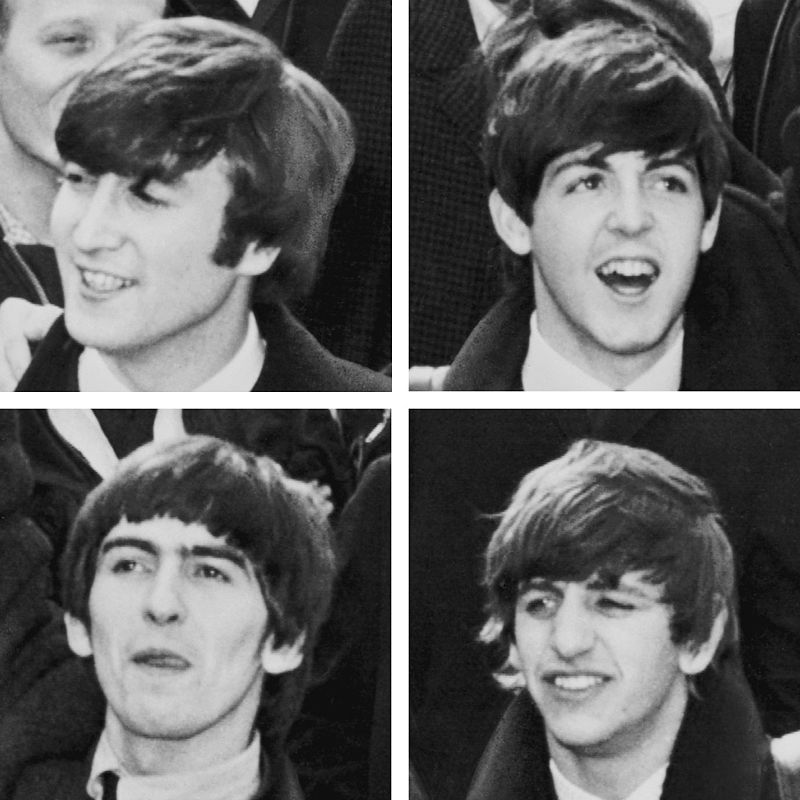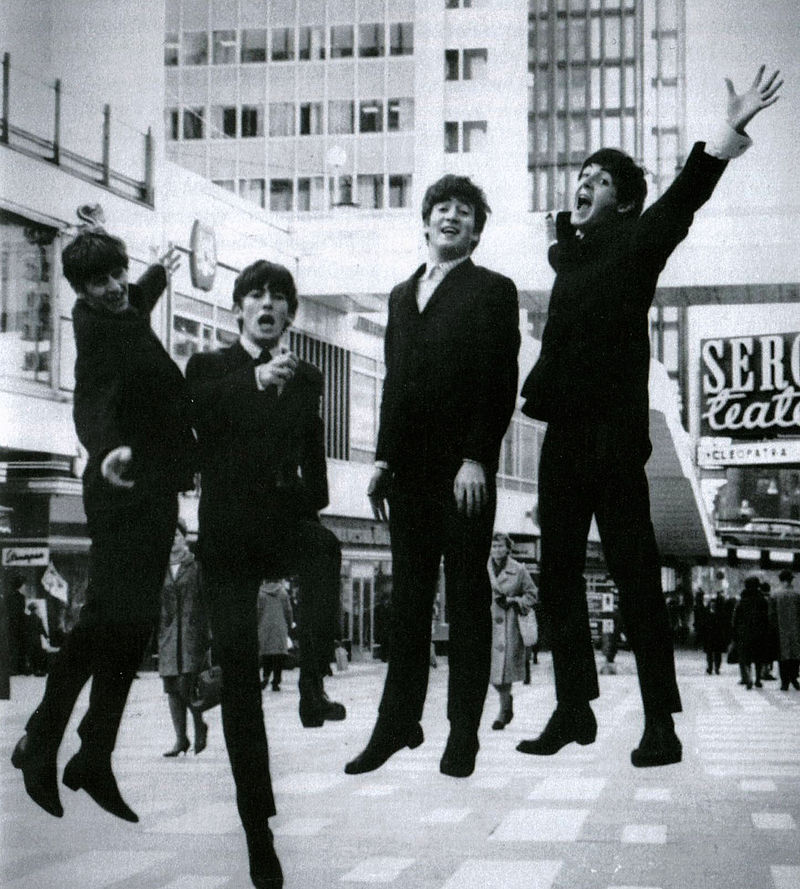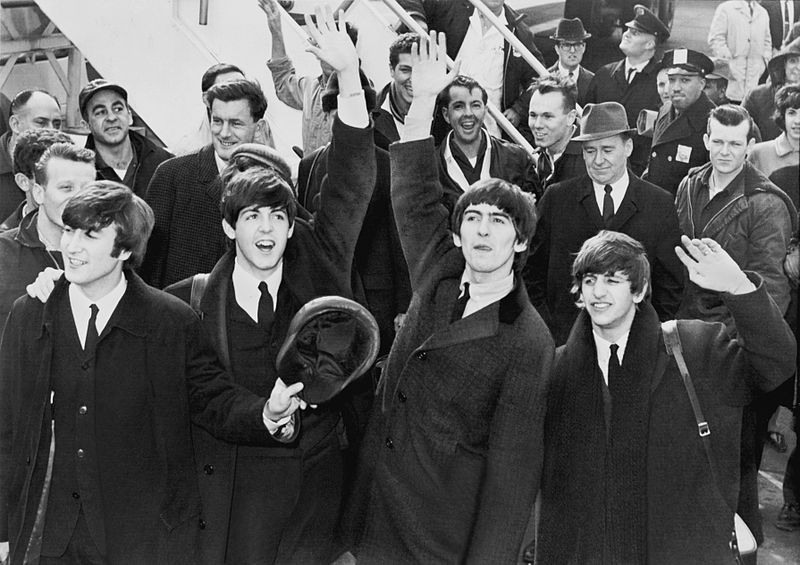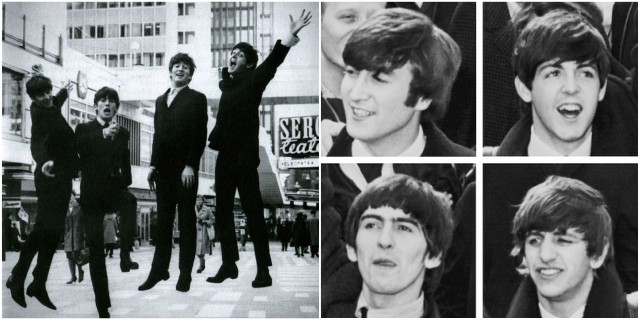“More than any ideology, more than any religion, more than Vietnam or any war or nuclear bomb, the single most important reason for the diffusion of the Cold War was… The Beatles.”
Mikhail Gorbachev
On February 9, 1964, on “The Ed Sullivan Show”, the Beatles made their first live performance in America in front of an estimated 73 million U.S. citizens. It set the record for viewers tuned-in to a live television program; three-fourths of the total adult audience in the United States watched the Beatles live on “The Ed Sullivan Show”. Since then, rock n’ roll has never been the same.

The Beatles influenced various aspects of the western society, including the gender revolution, fashion, globalization, religion, political freedom, art, film, geography, and even the fall of Communism. While the West spent billions of dollars trying to bring down communism, the Beatles did it with their music. As Milos Forman, director of “One Flew Over The Cuckoo’s Nest”, says: “It sounds ridiculous but it’s not. I’m convinced the Beatles are partly responsible for the fall of Communism.”
The Soviet government tried very hard to shape and control the culture and society of the countries in its sphere of influence, and claimed that the type of music The Beatles played caused delinquency, alcoholism, vandalism, and rape. The Beatles were the most popular band on the planet, but they were banned in the Soviet Union.

In the Soviet Union, the West was presented as evil, and Soviet citizens were expected to just know that the West was their enemy. The electric guitar was also declared to be “an enemy of the Soviet people” by First Secretary Nikita Khrushchev. Leonid Brezhnev hated rock music and pretty much anything else creative, and the arts were strictly regulated by the Soviet government. But music can’t be stopped. There was a new generation of Soviet citizens that started to realize that their “enemy”, instead of being a threat to the Soviet Union, made wonderful music; they realized that the West wasn’t as bad as their officials presented it.
It was illegal to import Western music in the Soviet Union, so teenagers listened to Radio Luxemburg and recorded their songs on tapes. The quality of the sound was terrible, but good enough for them to appreciate the magic of The Beatles. Lenin was traded for Lennon, and teenagers learned English just by scribbling down Beatles lyrics in their notebooks.

The Soviet officials became aware of the influence that The Beatles had on the population of their country and they immediately started an anti-Beatles campaign that mocked them as “the bugs”. Rock and roll fans were forced to shave off their long hair, and anyone who listened The Beatles was accused of spreading western propaganda.
When something is illegal it tends to attract interest, and this was the case with the Beatles in the Soviet Union. People realized en masse that the Soviet government was lying about The Beatles being evil and immoral, and started to think that if the government was lying about The Beatles’ music, then they might be lying about other things as well.

And then, after John Lennon died in 1980, the Soviet government started inexplicably celebrating his legacy. People were finally free to listen to The Beatles, and their music showed Soviet teenagers what they were missing out on.
In the end, Gorbachev made significant changes to the economy and political system and freed public access to information after decades of heavy government censorship.
The West won in the Cold War not because of the billions of dollars invested in the “battle”, but because of The Beatles and their awesome cultural influence.
